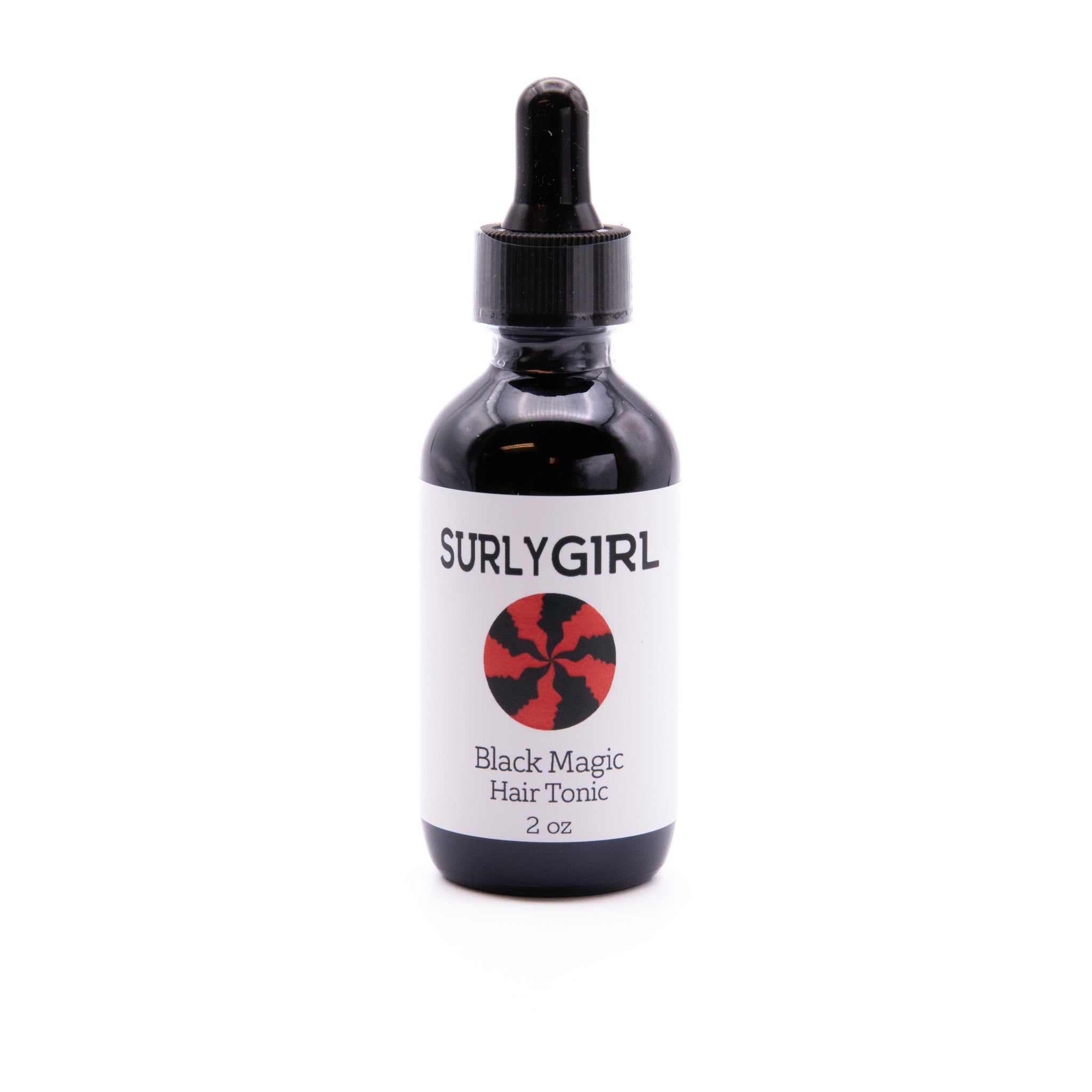Rachel Carson: Champion of the Environment and Catalyst for Change
Rachel Carson, a passionate observer of nature since her early years, became one of the most influential figures in the environmental movement of the 20th century. Her curiosity about the world around her, nurtured by her mother's walks in Pennsylvania fields, led her on a remarkable journey. Even when she was young, she was a prolific writer. These early interest spurred her on to go to John's Hopkins and get her master's in zoology. After her father passed, she decided to get her doctorate to support her family and went on to become the second woman to work at the US Bureau of Fisheries. Her job was to write short radio scripts about fish biology and her program was called "Romance Under the Waters". In her free time, she wrote about wildlife.

She wrote multiple books including Under the Sea Wind and The Sea Around Us. She even received the National Book Award and quit her government job to write The Edge of the Sea. However, her inspiration to write the critically acclaimed book Silent Spring came from her friend Olga Huckins. Olga had written to her about a plane spraying DDT which killed all the song birds in her sanctuary. DDT is a synthetic chemical insecticide which was used successfully during World War II to control malaria and other diseases carried by insects. After the war, it became a common way to kill and control the insect and pest populations from damaging farm crops.

What's so bad about DDT you might ask? It controls bugs so we have a consistent food supply and also controls diseases spread by pests. In Rachel's research, she found that DDT was poisoning livestock, killing fish, fatally weakening birds eggs and destroying the ecosystem. She wanted to ensure this book had scientific research to back her findings and took 4 years to assemble the most current scientific research, reports from government agencies, testimony before committees in Congress and case studies of what happened when pesticides were used.
While she was writing Silent Spring she was diagnosed with breast cancer. Radiation treatment and a temporary episode of blindness had halted her writing but by 1961, she had recovered enough to continue writing. In September 1962, Silent Spring became a zeitgeist for change. This book took a controversial position as opposed to Rachel's previous books. Rachel spoke about how pesticide use was dangerously out of control. She spoke about how DDT can be stored in the fatty tissues of humans and animals and can accumulate to high levels. Not only that but insecticides were deemed harmless by governments scientists even though their effect was never studied. She was slandered by the chemical companies as being a “fanatic defender of the cult of the balance of nature.”, and an “emotional spinster”. She was also deemed “not a scientist” and “probably a Communist”. Despite these assaults, Carson remained steadfast, defending her findings until her untimely death from breast cancer in 1964.
Carson's work served as a wake-up call for the public, inspiring a new generation of environmental activists. Her advocacy contributed to the eventual ban of DDT in the United States and the establishment of the Environmental Protection Agency (EPA) in 1970. Carson's legacy continues to inspire countless individuals to protect and preserve our natural world.

Rachel Carson's remarkable journey and her powerful words remind us of the profound impact one person can have when driven by passion and a commitment to truth. As we navigate the complexities of our modern world, let us remember her legacy and the importance of preserving the the delicate balance of nature.




Comments